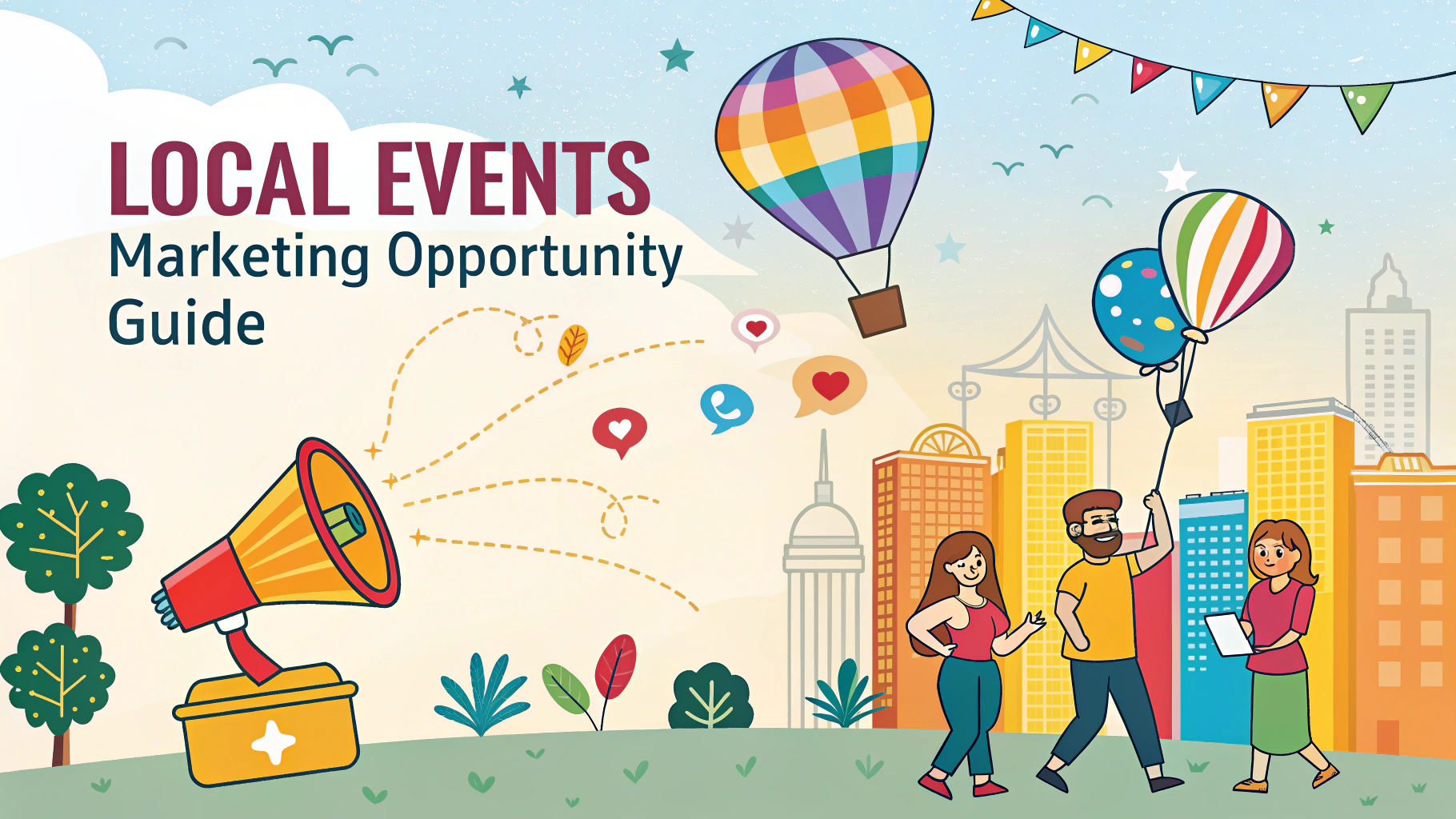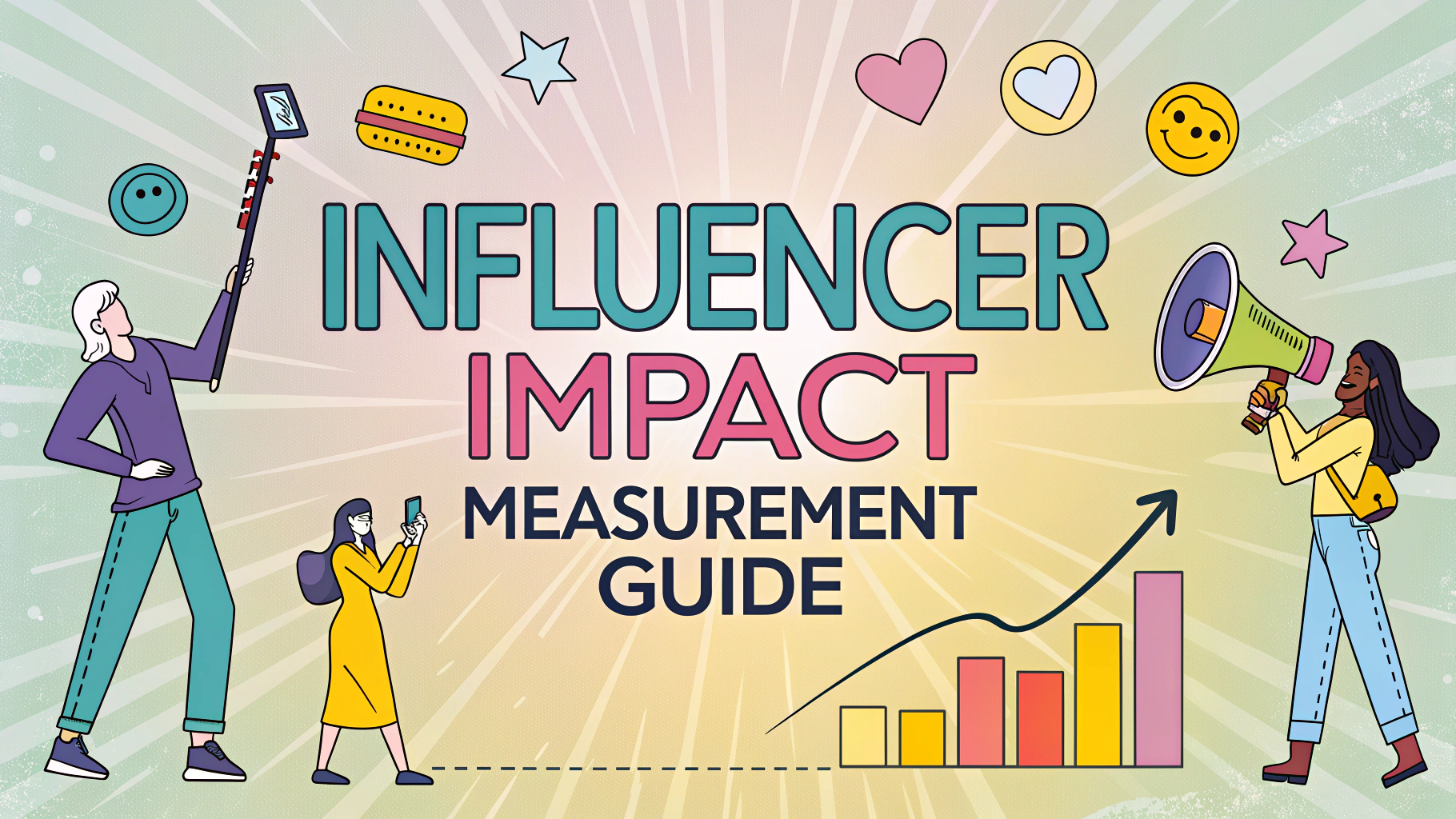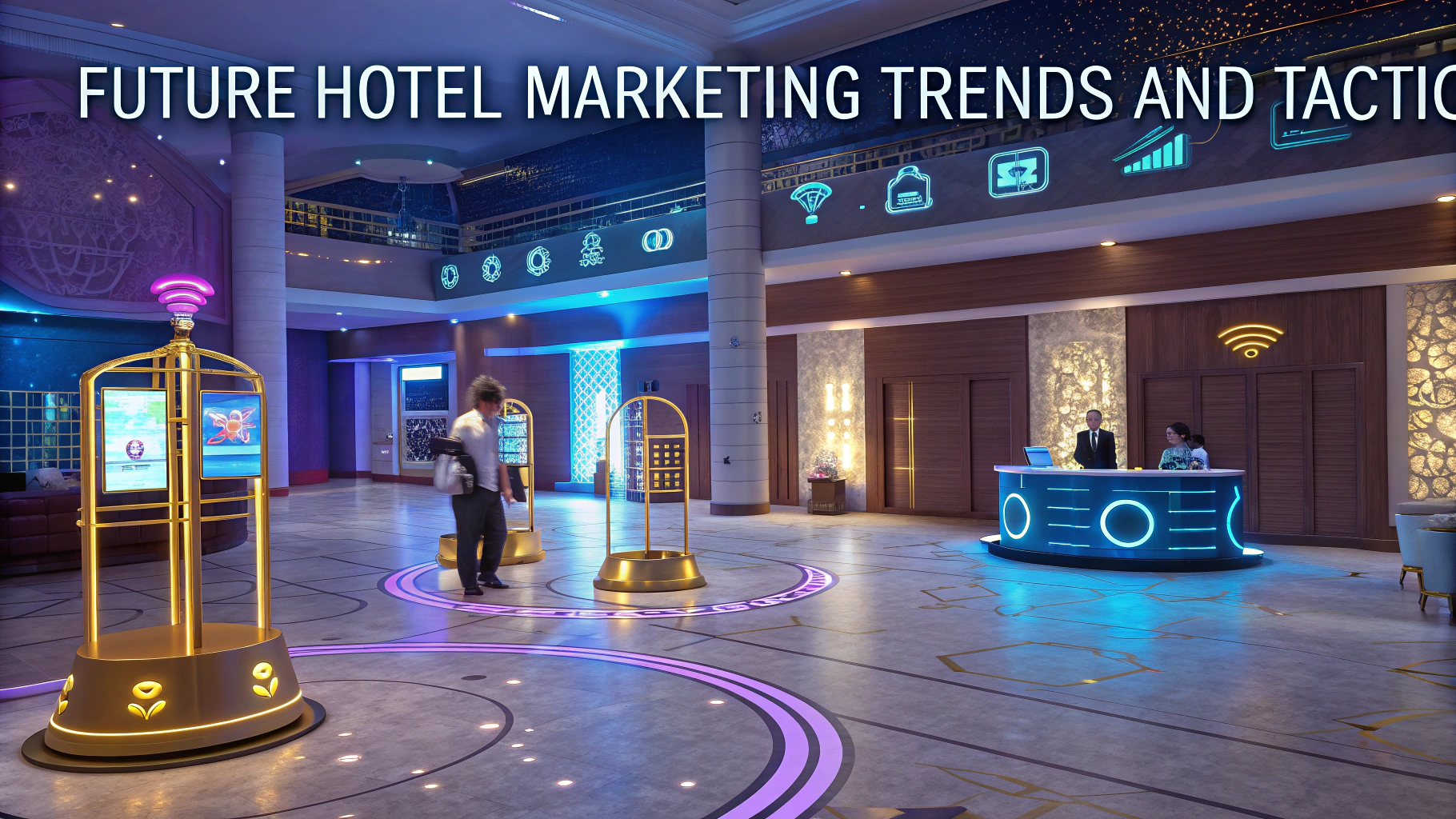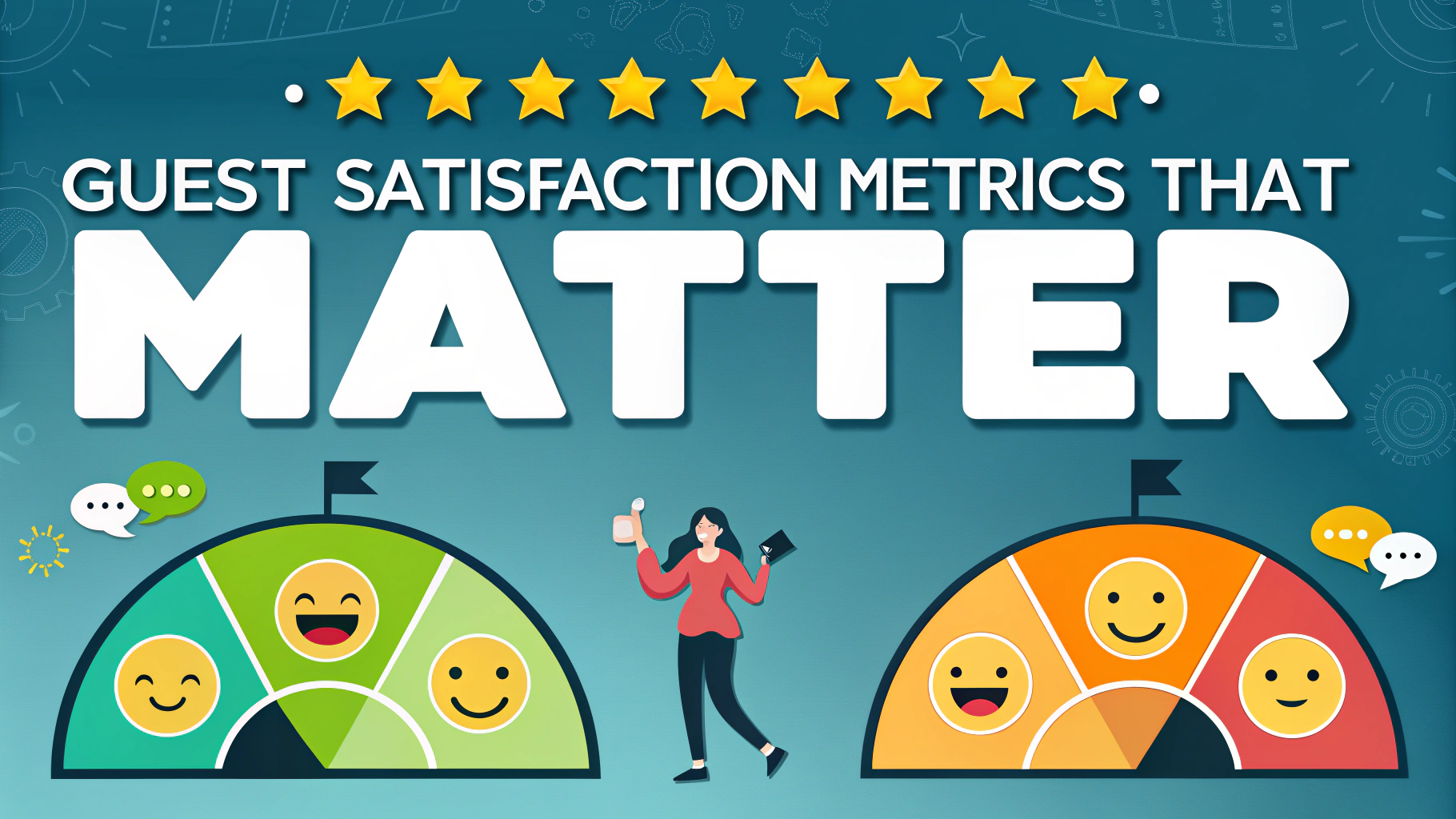Planning a year’s worth of social media content for your hotel requires strategic thinking and careful organization to maintain guest engagement throughout different seasons.
A well-structured social media calendar helps hotels showcase their unique offerings, connect with potential guests, and build lasting relationships with their audience.
This quick guide breaks down social content planning month by month, helping hotel marketers create engaging posts that resonate with travelers year-round.
January: New Year, New Travel Goals
- Feature wellness amenities and healthy dining options for resolution-minded travelers
- Promote winter packages and seasonal activities
- Share behind-the-scenes preparation for the upcoming year
February: Romance and Getaways
- Highlight romantic dining experiences and couple packages
- Showcase intimate spaces and honeymoon suites
- Share guest love stories and proposals at your property
March: Spring Break Planning
- Feature family-friendly activities and amenities
- Promote spring break packages and local attractions
- Share early booking deals for summer
April: Easter and Spring Events
- Highlight special holiday brunches and events
- Showcase outdoor spaces and spring decorations
- Feature local spring festivals and activities
May: Summer Preview
- Launch summer booking promotions
- Showcase pool areas and outdoor dining options
- Share summer event calendars and special packages
June: Wedding Season
- Feature wedding venues and services
- Share real wedding photos and testimonials
- Promote honeymoon packages
July: Peak Summer Content
- Highlight summer activities and cooling amenities
- Share guest summer experiences and photos
- Feature special summer menus and dining options
August: Back-to-School Getaways
- Promote last-minute summer deals
- Feature weekend escape packages
- Share fall preview events and activities
September: Business Travel Season
- Highlight meeting spaces and business amenities
- Share corporate package deals
- Feature workation possibilities and extended stay options
October: Fall Experience
- Showcase seasonal decorations and activities
- Feature fall menus and specialty drinks
- Share local autumn events and festivals
November: Holiday Planning
- Preview holiday decorations and events
- Promote Thanksgiving packages and dining options
- Share early booking deals for December
December: Festive Season
- Feature holiday decorations and special events
- Highlight New Year’s Eve packages
- Share winter activities and seasonal amenities
Tips for Successful Implementation
- Schedule posts in advance using tools like Hootsuite or Buffer
- Mix content types: photos, videos, guest testimonials, and behind-the-scenes content
- Engage with user-generated content by reposting guest photos (with permission)
- Track engagement metrics to refine your strategy
- Maintain brand voice consistency across all posts
Making Your Social Calendar Work
Remember to adjust your content plan based on local events, weather conditions, and changing travel trends.
Monitor competitor activities and industry changes to keep your content fresh and relevant.
Build flexibility into your calendar to accommodate last-minute promotions or unexpected opportunities.
Engaging Your Audience
- Use relevant hashtags to increase content visibility
- Create polls and interactive stories to boost engagement
- Respond promptly to comments and messages
- Share guest experiences and create user-generated content campaigns
- Host social media contests and giveaways
Content Creation Best Practices
- Maintain high-quality visuals across all platforms
- Write compelling captions that tell a story
- Include clear calls-to-action in your posts
- Optimize content for each social media platform
- Create platform-specific content strategies
Measuring Success
- Set clear KPIs for each content type
- Monitor engagement rates and follower growth
- Track booking conversions from social media
- Analyze peak posting times and adjust accordingly
- Review competitor performance and industry benchmarks
Crisis Management Guidelines
- Develop response protocols for negative feedback
- Create contingency content for unexpected situations
- Maintain transparent communication during challenges
- Build a crisis communication template library
- Regular team training on social media management
Elevating Your Hotel’s Social Presence
A well-executed social media strategy can transform your hotel’s digital presence and drive meaningful engagement with potential guests.
Regular review and adaptation of your content calendar ensures your hotel stays relevant and competitive in the ever-evolving social media landscape.
Remember that authentic, value-driven content consistently outperforms promotional material, making guest experience the cornerstone of your social media success.
FAQs
1. What types of content should be included in a 12-month hotel social media calendar?
Seasonal promotions, local events, holidays, property updates, guest testimonials, behind-the-scenes content, special packages, dining experiences, amenity highlights, staff spotlights, local area attractions, and user-generated content.
2. How far in advance should hotels plan their social media content?
Hotels should plan their core social media content at least 3 months in advance, with a full 12-month framework for major campaigns, events, and seasonal promotions.
3. Which social media platforms are most effective for hotel marketing?
Instagram, Facebook, LinkedIn for business travelers, Pinterest for wedding and event planning, and Twitter for customer service and real-time updates.
4. What is the ideal posting frequency for hotel social media accounts?
Instagram: 4-7 posts per week, Facebook: 3-5 posts per week, Twitter: 1-3 tweets daily, LinkedIn: 2-3 posts per week, with consistent monitoring for engagement.
5. How can hotels measure the success of their social media content?
Through engagement rates, reach, impressions, click-through rates, booking attributions, follower growth, social media mentions, and direct message inquiries.
6. What should be the ratio of promotional vs. non-promotional content?
Follow the 80/20 rule: 80% informative, entertaining, or educational content, and 20% direct promotional content about the hotel’s offerings.
7. How can hotels effectively incorporate user-generated content in their social strategy?
By creating branded hashtags, running photo contests, resharing guest posts with proper credit, and encouraging guests to tag the property in their posts.
8. What are the key elements of a hotel social media content calendar?
Post dates, platform-specific content, visuals, captions, hashtags, posting times, content themes, campaign details, and call-to-action plans.
9. How should hotels adapt their social content during low seasons?
Focus on advance bookings, highlight indoor amenities, create special packages, showcase local year-round attractions, and target different market segments like business travelers.
10. What image specifications should hotels consider for different social platforms?
Instagram: 1080x1080px (square), 1080x1350px (portrait), Facebook: 1200x630px (timeline), Twitter: 1200x675px, and LinkedIn: 1200x627px for optimal display.
11. How can hotels leverage social media for special events and weddings?
Create dedicated highlight reels, share venue tours, post wedding testimonials, showcase different setups, create Pinterest boards, and engage with wedding planners.







